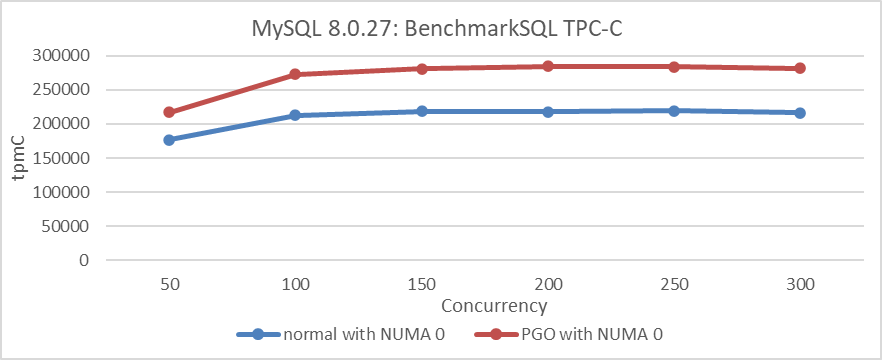The-Art-of-Problem-Solving-in-Software-Engineering_How-to-Make-MySQL-Better
4.5 Compiler Theory
Compiler Theory is a crucial computer science course that covers the fundamental principles and methods of compiler construction. It includes topics such as language and grammar, lexical analysis, syntax analysis, syntax-directed translation, intermediate code generation, memory management, code optimization, and target code generation. Central to the course is the finite state machine.
4.5.1 Finite State Machine
A finite state machine (FSM) is a mathematical model used to represent a finite number of states, transitions, and actions within a system. FSMs are essential in various fields such as compilers, network protocols, and game engines, where they describe complex systems, algorithms, and event responses. The core concept of FSMs is state transition, which defines the relationships and actions between different states.
In MySQL, FSMs play a crucial role in lexical and syntax analysis, as well as in Group Replication. For example, in Group Replication, FSMs help manage decisions during Paxos handling, such as whether to continue processing or to exit with an error if memory allocation fails. Typically, if a state cannot continue processing, it exits with an error to prevent Byzantine faults.
FSMs are also used in TCP/IP protocols to detect abnormal states. For instance, a high number of CLOSE WAIT states on server-side TCP connections can indicate that many connections have not been closed properly.
4.5.2 MySQL Parser
The MySQL Parser, implemented in C/C++, uses GNU Bison and Flex for parsing SQL queries. Flex generates tokens, while Bison handles syntax parsing. SQL parsing is crucial for operations like read/write evaluations by MySQL proxy and translating SQL into syntax trees.
With the increase in CPU core count, the CPU overhead for MySQL parsing has become a smaller proportion of overall usage. This reduction in overhead might explain why MySQL 8.0 removed the query cache.
4.5.3 PGO
Profile-guided optimization (PGO) is a compiler technique that improves program performance by using profiling data from test runs of the instrumented program. Rather than relying on programmer-supplied frequency information, PGO leverages profile data to optimize the final generated code, focusing on frequently executed areas of the program. This method reduces reliance on heuristics and can improve performance, provided the profiling data accurately represents typical usage scenarios.
Extensive practice has shown that MySQL’s large codebase is especially well-suited for PGO. However, the effectiveness of PGO can be influenced by I/O storage devices and network latency. On systems with slower I/O devices, like hard drives, I/O becomes the primary bottleneck, limiting PGO’s performance gains due to Amdahl’s Law. In contrast, on systems with faster I/O devices such as NVMe SSDs, PGO can lead to substantial performance improvements. Network latency also affects PGO effectiveness, with higher latency generally reducing the benefits.
In summary, while MySQL 8.0’s PGO capabilities can greatly improve computational performance, the actual improvement depends on the balance between computational and I/O bottlenecks in the server setup. The following figure demonstrates that with NVMe SSD hardware configuration and NUMA binding, PGO can significantly improve the performance of MySQL.

Figure 4-22. Performance comparison tests before and after using PGO in MySQL 8.0.27 under SMP.